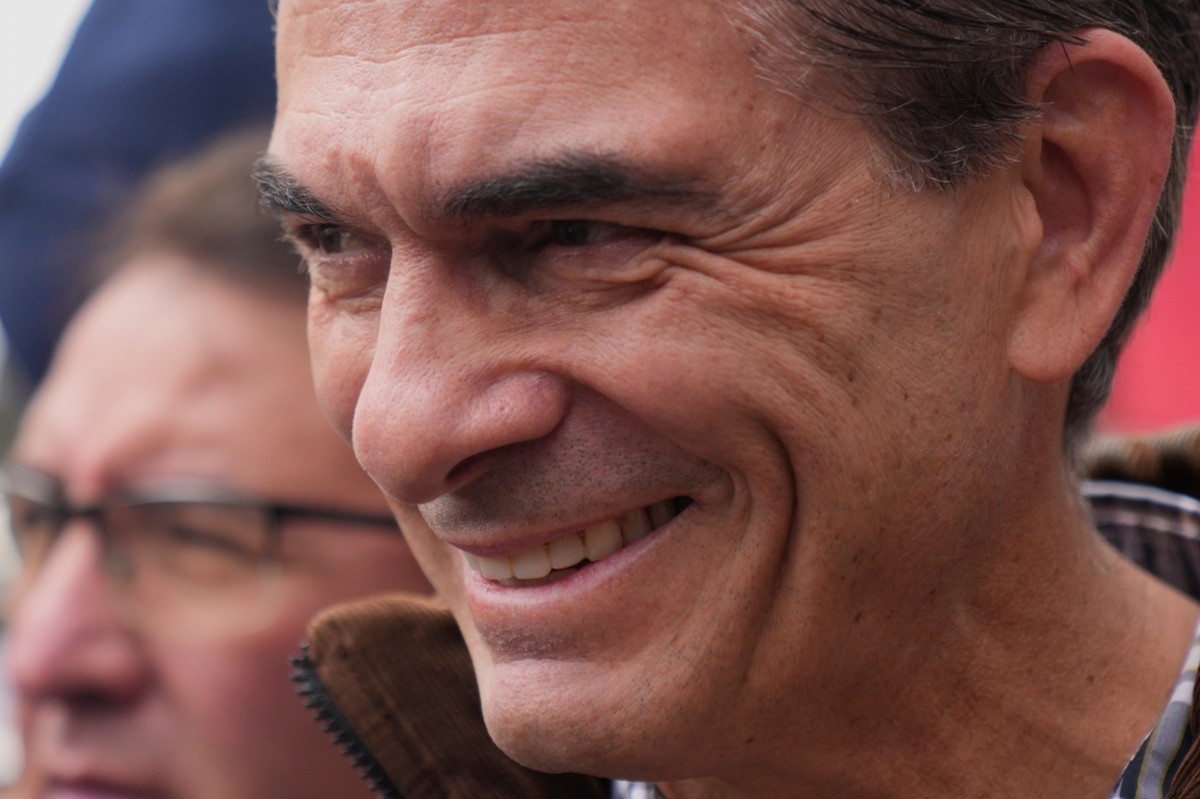26/11/2025
26/11/2025

LA PAZ, Bolivia, Nov 26, (AP): Bolivian President Rodrigo Paz of Bolivia said Tuesday he planned to scrap a ream of taxes, in one of his first moves since becoming the nation's first conservative leader in nearly two decades in a bid to rescue a crisis-stricken economy. Just over two weeks since taking office, Paz also announced his government would slash 30% of total federal spending from Bolivia's 2026 budget to reverse years of populist economic measures taken under the long-ruling Movement Toward Socialism, or MAS, party. He did not give further details on how his government would make such deep cuts.
Speaking to reporters on Tuesday, Paz said he was proposing to repeal Bolivia’s national wealth tax, arguing that it had crippled growth and discouraged billions of dollars in investments since being imposed by his left-wing predecessor, former president Luis Arce. Another levy on the chopping block is Bolivia's 0.3% tax on everyday financial transactions, Paz said, something that long motivated Bolivians to keep clear of the formal banking system and instead stash their savings under mattresses and floorboards.
"We are giving the first signs of security that the country requires,” Paz said. "We are paving the way for economic activity.” The bills to remove the taxes must be sent to Congress for approval before taking effect. Business leaders were already thrilled. "The persecution of the private sector is ending," said Klaus Freking from the country's main agricultural chamber.
"It is the beginning of legal certainty.” But Paz and his Economy Minister José Gabriel Espinoza said Tuesday that, for now, their government wouldn't touch the pillars of Bolivia's economic model under the MAS party - specifically, the country's fuel subsidies that keep its retail price of gasoline among the world's cheapest, as well as its fixed exchange rate that became distorted as the country's central bank ran out of US dollars. "The president is starting off on the right foot, aiming to generate better investments,” said Bolivian economic analyst Gonzalo Chávez. "But he’s not addressing the core problems.”


